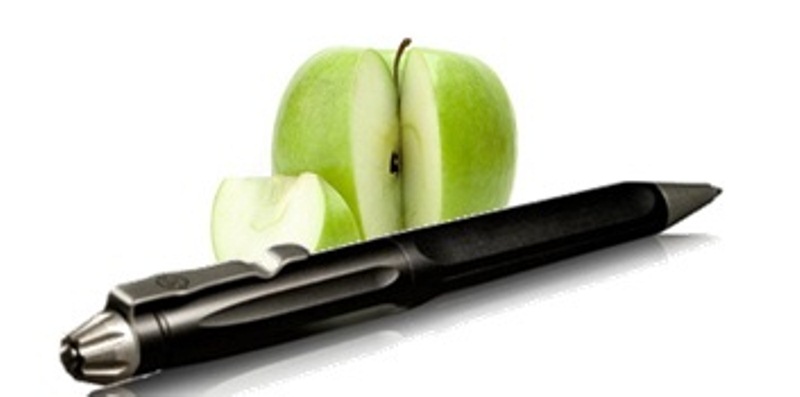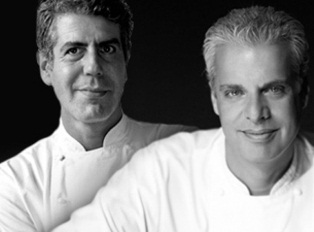 I love writing about food, but the truth is there are only so many ways you can say something is delicious (completely overused) or delectable (realistically, people do not talk like that) or tasty. You get the drift. Writing is an ongoing learning process–you can literally hone your craft every day–and the ability to describe a dish in vivid detail like Ruth Reichl or infuse your writing with the dry wit of Jeffrey Steingarten is a lofty goal indeed, but can first be attained by eradicating nonsensical and trite words from the food writing lexicon. Here are a few that come to mind (although I am sure there are more):
I love writing about food, but the truth is there are only so many ways you can say something is delicious (completely overused) or delectable (realistically, people do not talk like that) or tasty. You get the drift. Writing is an ongoing learning process–you can literally hone your craft every day–and the ability to describe a dish in vivid detail like Ruth Reichl or infuse your writing with the dry wit of Jeffrey Steingarten is a lofty goal indeed, but can first be attained by eradicating nonsensical and trite words from the food writing lexicon. Here are a few that come to mind (although I am sure there are more):
1. Foodie – Admittedly, I use this word and I hate myself for it. It is one of those nonsensical C.S. Lewis-like words that has ingrained itself into our everyday vocabulary. ‘Gourmand’ used to serve as a sufficient way to describe a lover of food but it reeks of elitism and entitlement and doesn’t lend itself well to talking about the average person. The same is true for ‘aficionado’ and ‘connoisseur’ and in the case of the former, unless you are a Spanish count, you sound haughty and contrived. On the opposite end of the spectrum, ‘yummy’ automatically dumbs down your writing to the level of an elementary schooler.
2. Mouth-feel – This word makes me cringe. Unfortunately, it is one of the trendiest words on the culinary scene–even chefs are using it to describe the feel of their food on the palate. For me, it conjures up less-than-stellar images of food and sounds almost pornographic.
3. Unctuous – I have heard scores of people (mis)use this term–even pros–without knowing its true definition. (In fact, I recently attended a food event where renowned chef Ming Tsai described his chow mein as unctuous). As defined by Merriam-Webster unctuous means “having a greasy or soapy feel”. Perhaps I’m in the minority, but I want my food to taste neither of grease nor soap.
4. Locavore – This is one of those relatively new terms that burst onto the scene and, like a dinner guest who’s overstayed his welcome, refuses to leave. We don’t use carnivore, herbivore and omnivore in common talk, so why is this word so prevalent? With local and sustainable eating enjoying a resurgance in popularity (and deservedly so), annoying terms like ‘locavore’ and ‘farm-to-table’ are cropping up everywhere.
5. Baby babble – In this country, we have a love of shortening words or wrapping them up in neat little acronyms (OMG), but resorting to baby babble in food writing is detestable. ‘Rezzies’ (reservations), ‘sammies’ (sandwiches) and nom noms (the sound made while eating or the meal itself). By the way, full disclosure, I’m guilty on the sammies charge. I used it here. (The one and only time–thank you very much.)
What are some food writing words/terms you’d like to see wiped from the slate? Food writers/bloggers, are you guilty of using any of the forbidden words?













So funny! And so true. I confess, I used the word “delectable”–Hey, Laurie Colwin does ALL the time–but I’m no Laurie Colwin, so I promise to stop. Seriously, though, you make an excellent point. My writing mentor used to yell at me for using the adjective “very”: it either is or it isn’t, she said. If the food isn’t delicious or delectable or tasty, why write about it in the first place?
I am guilty of so many food writing crimes! I freelance write and people always romanticize it and tell me how much fun it must be, but it’s truly hard. I have to think of a million different ways to describe food–I’m actually thinking about taking a refresher writing course.
yep I do all these. its the only way lol 🙂